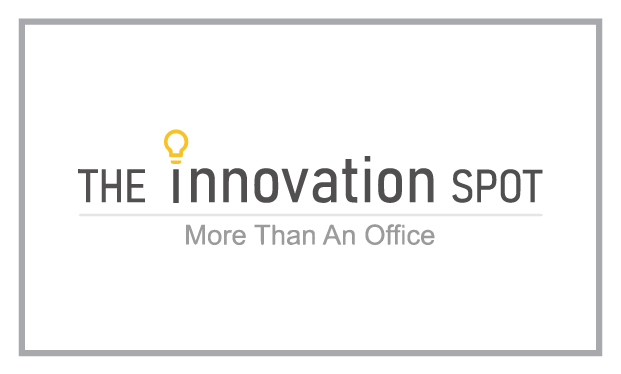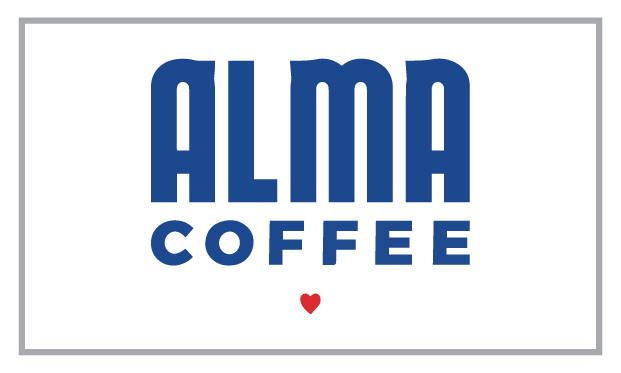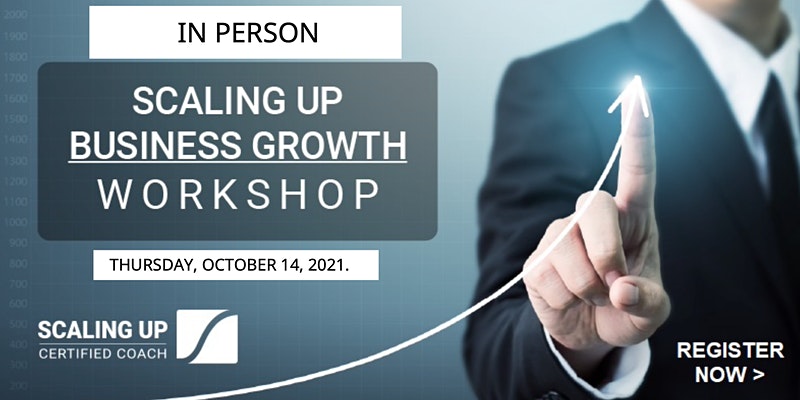
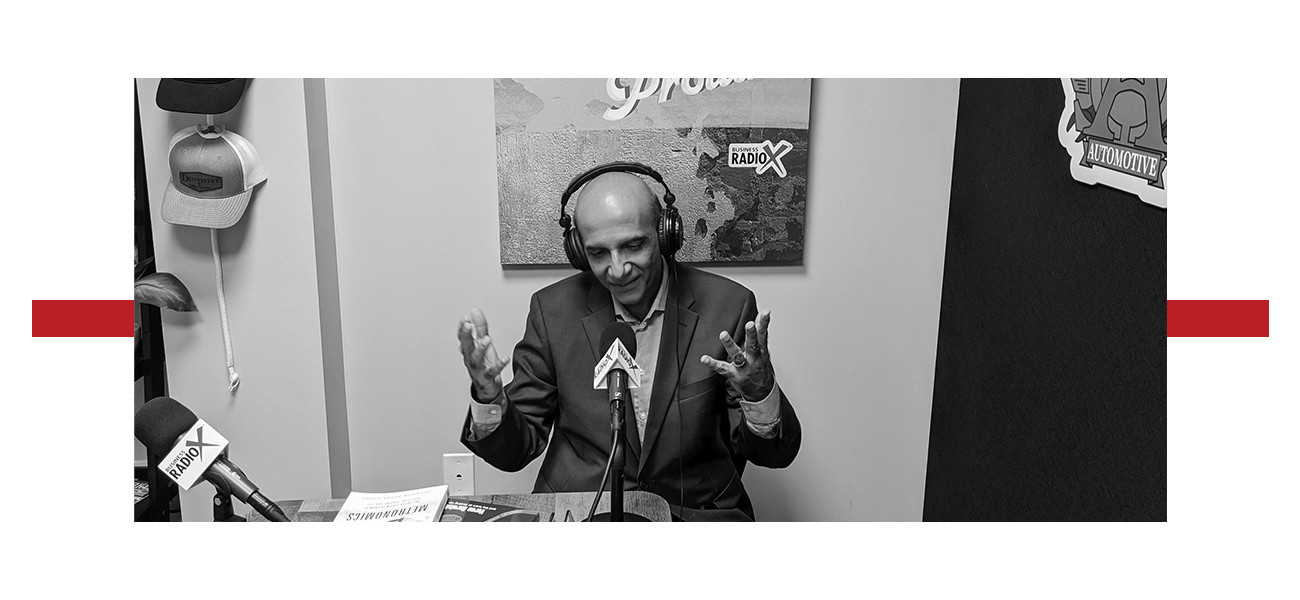
This Episode was brought to you by
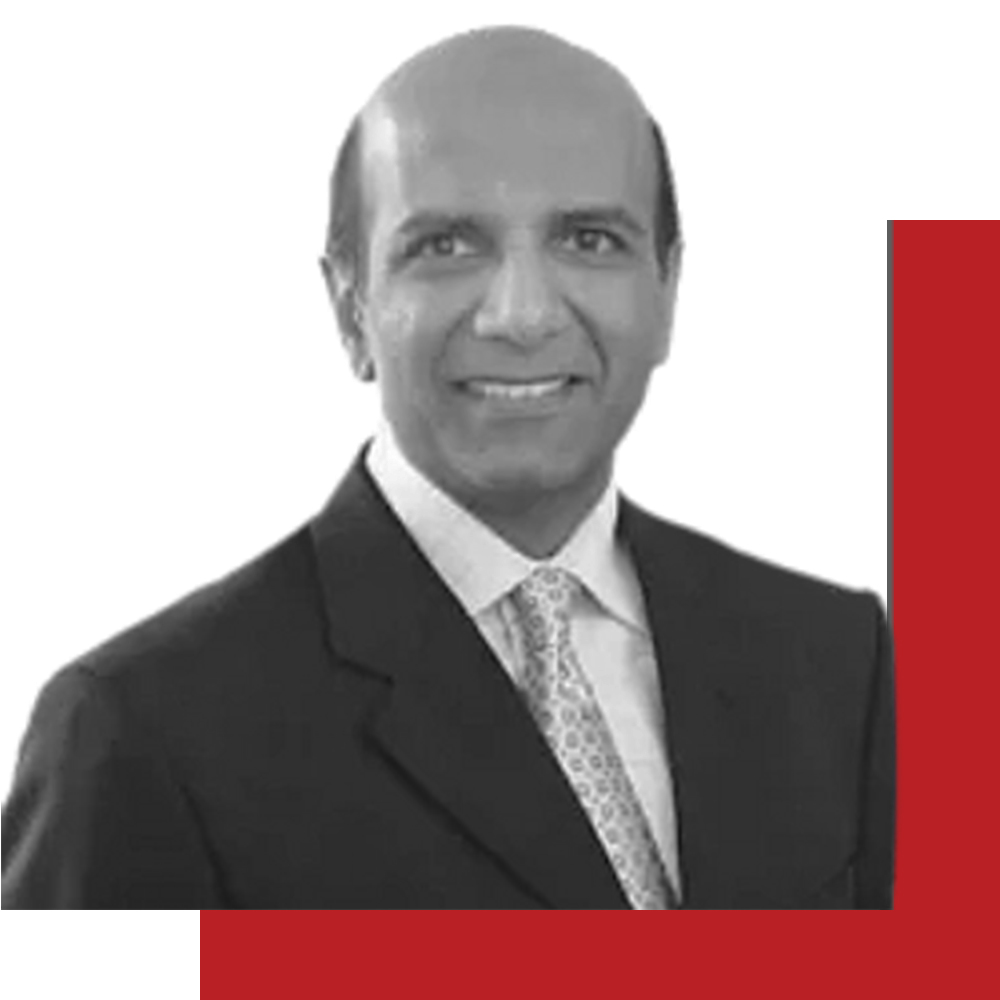 Zahir Ladhani, Managing Partner of Velocity Strategic Consulting
Zahir Ladhani, Managing Partner of Velocity Strategic Consulting
Zahir Ladhani brings more than 30 years of ‘in the trenches’ experience with SaaS, Consumer, Human Capital, Pharmaceutical and Management Consulting industries. A talented communicator and proven leader who has grown businesses and product lines, and was a key member of the executive leadership team in the sale of a company to a Fortune 100 company.
Zahir works with senior executives and leadership teams to scale up businesses by improving their discipline around people, strategy, execution, and accountability for sustainable growth. He has worked with numerous clients in easing the complexity that growth often brings, allowing leaders to focus more time on building their businesses, by leveraging transformative tools, processes and principles.
He holds a Bachelor’s degree in Mathematics and Accounting from University of Waterloo in Canada and Masters of Arts in International Relations from Fletcher School of Law and Diplomacy at Tufts University in Boston, Massachusetts.
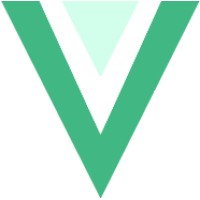 Connect with Zahir on LinkedIn and Sign up for Scaling Up Business Growth Workshop
Connect with Zahir on LinkedIn and Sign up for Scaling Up Business Growth Workshop
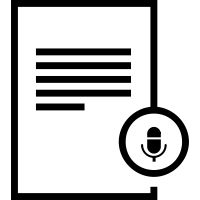 This transcript is machine transcribed by Sonix
This transcript is machine transcribed by Sonix
TRANSCRIPT
Speaker1: [00:00:07] Broadcasting live from the Business RadioX Studios in Woodstock, Georgia. It’s time for Cherokee Business Radio. Now here’s your host.
Speaker2: [00:00:23] Welcome to this very special Friday edition of Cherokee Business RadioX Stone Payton here with you this afternoon and today’s episode is brought to you, in part by Alma Coffey, sustainably grown, veteran owned and direct trade, which of course means from seed to cup, there are no middlemen. Please go check them out at my alma coffee and go visit their Roastery Cafe at thirty four point forty eight Holly Springs Parkway in Canton. As for Harry or the brains of the outfit Letitia and tell them that stone, since you, you guys are in for a real treat this afternoon, please join me in welcoming to the broadcast managing partner, author, speaker all around. Great guy. He is with Velocity Strategic Consulting Mr. Zahir Ladhani. Good afternoon,
Speaker3: [00:01:14] Sir. Good afternoon, Stone. How are you?
Speaker2: [00:01:16] I am marvelous man. And you know, most of my listeners are well aware that I will typically invest a Friday afternoon in beer and barbecue and not usually on air. But what a delight to have you come in the studio today to talk about your work and some upcoming events to help share some of this work with other folks? Let’s start there, if we could. Mission purpose What are you really out there trying to do for folks?
Speaker3: [00:01:44] So stone, you know, here in the United States, there are over 28 million companies.
Speaker2: [00:01:52] And that’s a big number I didn’t realize. Yes. And no.
Speaker3: [00:01:55] Yeah, and wouldn’t you know it? Ninety six percent of those 28 million companies are less than a million dollars. Wow. So lots of companies start, but very few scale. And of those 28 million companies, only 17000 of them make it over $50 million, so companies go through valleys of death. And so what I do in my partner does is we help companies scale, we help them through those valleys of debts or not going to those valleys of death and figure out how they can scale and meet the purpose of what their organization is there for. So it’s a lot of young entrepreneurs or entrepreneurs who are trying to make a go of it. And how do we grow their businesses? That’s what we do.
Speaker2: [00:02:39] So is there a timing aspect of this? Are there signals that that we get as entrepreneurs that tell us it’s time to scale, or at least consider the decision of whether we’re going to pull the trigger on some scaling activities or hit the brakes for a little while?
Speaker3: [00:02:54] So look through. That’s a great question. If you think about what a company goes through when an entrepreneur starts off its friends and family or they’re trying to make a go of it. And in the end, the entrepreneur, he or she does everything, and then they hire the first person and then they hire the second person. As soon as they get to three or four, the stuff in his or her head has to now be transmitted to four or five people. And then you get to about seven hundred thousand a million dollars and now you’re doing everything. And what got you there to a million or two won’t get you to five or 10. Because the way you do, things have to change. You or you or I as as a CEO of that organization, can’t do everything, and we’ve got to start to bring in people to do the right things. And so my view in the companies I work with are if they’ve hit the million and got to $2 million. It’s time to think. But then it doesn’t mean if you’re at 15. It’s not time to think about scaling because at every stage you need to go continuing. We’ve got clients who’ve been with us for three, four or five years into the coaching organizations because it’s always a matter of moving. And so that’s what it is all about.
Speaker2: [00:04:08] Well, that certainly speaks well to your work. Do you ever find someone seeks you out and they think that it’s time and they think that they’re interested in scaling? And you talk to him for a little bit and you think, Yeah, but not yet. Do you ever do you ever consult some to just hit the brakes a little bit and maybe swing back around next year or next quarter or anything like that? Of course,
Speaker3: [00:04:29] Yeah. Happens all the time, and more often than not, it’s because. The CEO, she or he is not ready, they’re not ready to learn, and it’s not a matter of they do what I say because my job is not to be a consultant and tell them what to do. My job is to coach them and teach them how to fish and teach them how to grow so they can do this on their own. And if we see that the CEO is not a learner, then we quickly run away. And so that’s the biggest thing we look for is are they willing to learn because there’s two things not only learn from a coach, but are they willing to learn from the people that are around them? Have they brought in the right people? So invariably people will bring me in to say, help me with my strategy and we’ll go. Of course, absolutely. But when we go in, we start to ask the questions. And invariably it’s another two things that are the issue before strategy comes into place. One is do they have the right people in the right places in their organization? And second, do they execute well? Does the organization do what they say they will do? Or do they just all run around and go after the shiny new toy all the time?
Speaker2: [00:05:41] So that sounds awfully familiar. You striking some chords over here say here. No, I think many of us can fall into that trap, right? Doesn’t mean we can’t recover, but it’s good to have someone with your perspective and your objectivity to lean in and say, Hey, Stone, are you chasing a shiny object? Is this really where you want to go?
Speaker3: [00:06:00] Exactly. And we all do this as human beings, right? Right, right? And when when we grow up in life, we’re always running after the next big thing. And invariably that’s what CEOs do, and they run after the next big thing versus they have an amazing business. How do they clamp down and evolve that business to the amazing big thing while watching the environment they’re working under?
Speaker2: [00:06:21] Well, you clearly have insight, perspective, specialized knowledge around these topic areas, but I’m getting the distinct sense that you also have. I don’t know if that’s the right word methodology, discipline, structure, rigor. You’ve got framework around this process that that makes it replicable as well. Yes, you have. You have a methodology, I guess, for this.
Speaker3: [00:06:42] Yes, absolutely. So, OK, we use methodologies from authors like Verne Harnish, who’s written the book Scaling Up,
Speaker2: [00:06:49] And it’s made a little bit of money in his
Speaker3: [00:06:51] Time. He’s done as I understand it, exactly.
Speaker2: [00:06:54] He has more than Tom,
Speaker3: [00:06:56] And Byrne is the one who actually started entrepreneurial organization around the world with berthing of the Giants at MIT. And so he’s built this organization, who I’m part of, and Vern was one of our coaches when my company was scaling or the company I was with was scaling. And then there is strategy books or systems that bring everything together, called metagenomics from Shannon Sasko. And so we bring in different methodologies to help the company. So it’s not a cookie cutter, it’s a matter of coaching. It’s if you think of a of of any sport, be it baseball or football or tennis, you’ve got the coach who’s watching from the outside who’s inspiring and giving thoughts and ideas for the players to wear to move so we don’t go in the field and play with them. We’re different from the consultants. We will help them get to their level in their peak performance, which is telling them what to do. We’ll coach them through to be there. So we use tools. We’ll start. First of all, when we start, we will start and develop a three year plan, what we call a gutted out plan. We’ll gut out an 80 percent right three year plan for the organization. We’ll spend two days with the leadership team, get them into a room and we’ll come out with this three year plan that is not only three years, but the next year. So one year and the next quarter, aha. So now everybody leaving that room will have specific priorities for the quarter. The metrics for the quarter and a we’ll embed some communications with them. We will then run through that quarter while they start to iterate that three year plan. And within that time frame, we’ll start to work on their people. We’ll start to see. Do we have the right people in the organization doing the right things, doing them right? Invariably, the question if I were to ask the CEO and we ask this question, would you enthusiastically rehire everyone has the leadership team? And guess what? The answer
Speaker2: [00:08:54] Is? No, exactly right.
Speaker3: [00:08:57] And so let’s go to work and we don’t mean let’s fire the person, right? It’s OK. So how do we coach them? What do we need from them? And how do we coach them? And if they’re coachable, if not, then we’ll work on it. But the biggest thing is who you have, not what you’re doing. If you get the right people around you, then magic happens because then even if COVID happens, you’ve got people who are thinking and iterating, and a well gelled leadership team is the best thing one person can have in front of them, right? And so that’s what we start to do, and that’s how we work. So we’ll work through processes of having the the what we. While the Functional Accountability Charter, or so we go away from the traditional org structures to what are the functional function chart and what are their accountabilities, what is marketing’s key metric for the quarter? What is sales key metric? What is operations key metric for the quarter? Then everybody’s humming and we’re watching that scoreboard. You know, you never play a sport without a scoreboard, right? Most companies don’t have a scoreboard. You go in and say, what are your metrics for the quarter and everybody will give you four different metrics? Well, how can you play the U.S. Open’s going on these days, right? And last night were some fantastic matchups. How can you play a game without a scoreboard? It’s in business, is a game. So, so those are the types of things we will start working with in an organization and putting a scoreboard develop their functional matrix. Then what are the processes they need to put into place? And then we start to develop a strategy.
Speaker2: [00:10:28] So do you find yourself in your practice, gravitating to certain industries, certain types of businesses, certain types of business owners? Or are you in a lot of a lot of different sectors
Speaker3: [00:10:40] In terms of business sectors where a wide variety? So we’ve got clients who are in the technology business, software business, HPC business. We have an amazing business here in the northwest of Atlanta, who was doubled their business since we started working with them. We have a glass where or drink, where business. We have a fast food franchise, a film company. Those are all different types of clients. Okay, but where it goes to stone is what you were saying is the type of CEO is key. If the CEO wants to learn, have the right people around them is what we’re looking for. We’re looking for a learner. That’s the biggest thing we’ve actually walked away from clients after working with them and said, Don’t pay us. We’re leaving because you’re just not willing to learn from your people around you or us. And so those are the things we’ll run away fast from.
Speaker2: [00:11:32] Well, good for you, and I commend you for that because that’s tough to do. It is for small business small businesses to walk away from from money like that, an opportunity like that. But in the long haul, it almost always serves your past, doesn’t it?
Speaker3: [00:11:45] Exactly. And then it depends on what your purpose is as a business, right? And that’s one of the key things we teach business is. You need to have a purpose of why you are in business. Yes, money is one thing, but most entrepreneurs are in business for something more than money. Oh yeah. Right. And we have to take that out and then use that to inspire the rest of the organization. Money doesn’t inspire people. It does for a few days, but not longer than that. We can see the big talent need right now in the country we’re facing, right? And everybody’s raising their wages. You can raise wages, but that’s not going to inspire people as much. Yes, people will come for money. We all want more money. But there’s something more that has to inspire. So you’ve got to have a purpose if you look at Disney. Like what’s Disney’s purpose? It’s happiness, right? Right? If you look at Starbucks before the pandemic, they were creating a third place away from home, away from work. There was this place we could go, we could sit, we could use our laptop and we be in a different place to do whatever we wanted, right? And that’s a different purpose. With with Google wanted a computer or Atari, Microsoft wanted a computer in every desk when they first started. So what is our purpose? Why do we exist in the company we work with? Their purpose is to give comfort. Isn’t that a beautiful purpose that has? You’re a technician. Yes, you’re waking up every day saying, I’m giving comfort to my clients. But more than that, I’m also getting comfort from my family because I’m working in a business that’s a family owned business who doesn’t want to be a $100 million business. They’re comfortable being in a mid-sized, small to medium sized business that we’re going to have a place where it’s not only numbers, it’s doing do it for our clients and we’re doing good for our employees. That’s the type of mentality we hope try and bring into the organization. So culture becomes a big thing.
Speaker2: [00:13:36] So I got to know what’s the back story here? How did did you arrive? How did you land in doing what is clearly what you are on this planet to do? I can see it in your eyes. I know our listeners can hear it in your voice, but tell us a little bit about the path that got you here.
Speaker3: [00:13:53] Well, Stone, I’ve been very fortunate. I’ve been very, very fortunate that people have come into my life who have guided me. Tom knows this, but I came to North America as a refugee out of Uganda, o mine in East Africa and at the age of 10, went through middle school high school and was fortunate enough. My parents and my brothers, everybody worked hard to put me through school and then got into a pharmaceutical company and I was lucky to have leaders I worked with. Is Clark, Chris Seton, Rudy and Mark Mallon, Dr. IBU, Dr. Faisal. Many, many other people who came into my life, who led me and whose coattails I hung onto through whom I learned right. And they they led me to a place I’ve been through from a finance career to head of marketing, launching the largest pharmaceutical product in the U.S. to a head of sales for AstraZeneca in the U.S.. To then going to a technology company and being fortunate to be one of the leaders being on the stock exchange to ring the bell. And so as all of these experiences came through and I finished my career at and I don’t want to say finished because I want to say, what’s the next career? Yeah.
Speaker3: [00:15:10] And I only had an undergrad degree and someone said to me, it’s necessary to have a masters these days. So at the age of 54, I went and got a Masters degree from Tufts University. Fifty four and I graduated with a master’s in international relations. I have a degree in mathematics and then I went a degree in international relations and I said, I’ve got all of this. And through these experiences, I was fortunate enough to be to learn how to talk, how to give a speech, how to how to teach. And I thought I can use and how do I impact as many people as I can. And so my mission is to inspire me to impact as many people as I can to be able to get the journey and be as fortunate that I have not that I’ve made millions. But I think the Lord has been very, very kind to me and I think there is enough in this world for this.
Speaker2: [00:16:02] Well, I do too, and I think it’s clearly reflected and you are you are living into that mission, no doubt. So one expression of this work, and there are many, apparently, but one expression of this work is a book and it’s entitled Scaling up. Is that
Speaker3: [00:16:16] Right? Yes. So we’re in a Harnish, wrote the book called Scaling Up All Right, and his first book was called The Rockefeller Habits, and he comes from John D. Rockefeller. What were the habits John D. Rockefeller used to build his business and Vern has taken from that learnings from as many business books as possible to develop a book called Scaling Up, which looks at people strategy, execution and cash for key things businesses need to grow and raise. And Warren was one of our coaches when we grew our company and were at the stock exchange, etc. So he he was an inspiration through it and through that. We’ve been using the work on scaling up, and then we wanted more work on strategy, so we hooked up with Shannon Sasko, who’s written the book Three Hag Metagenomics, and she’s just come out with the book Metagenomics. And so I use that also into delving into people’s strategy. And the biggest thing about that book is strategy is not about competing to be the best. Strategy is about finding a unique value proposition that your customer is willing to pay for. So you’re not trying to just be the best radio station or the best innovation spot, you’re trying to be a unique value prop for your clients. That’s different than anybody else that people are willing to pay at a premium because at the end you’re in business to make money with the purpose. And so we bring those tools together, right? And that’s what we do.
Speaker2: [00:17:41] Well, one of the things that I was immediately enamored with and attracted to when I went and poked around a little bit on the on the website is that you did include in this and in these four things. One of them is cash. Yes. So to speak to that a little bit because as a small business person, I’m the number two guy in our network and I am the guy in this little studio the way we’re set up and I’m constantly watching cash flow. And I did have a mentor chair with me years ago. As a small business, you just want you don’t run out of cash, you can’t run out of cash. That’s true, right?
Speaker3: [00:18:15] Absolutely. So when businesses go initially, when you run a business, it’s all about revenue, revenue, revenue and we say revenue is vanity. Right. But cash is king. And you saw what happened during the pandemic. Right. People run out of cash. And it was great the government came through and has helped quite a bit of people, right? And we know no disrespect to the banks or the lending institutions, they’ll give you money when you don’t need it.
Speaker2: [00:18:44] Yeah, that’s the other thing that mentor taught me.
Speaker3: [00:18:49] And so your goal is, how do you stay ahead of cash and cash is what you need to look after? So we do this exercise in cash, which we call the power of one where we look at if you made a one percent difference in your price or in your cost of goods sold or in your operating expenses or in your accounts receivable or in your accounts payable, what could that difference be? And we do an exercise and we take their their their financials and we show the leadership team what a big difference and you can make in your cash and just to the power of one. And invariably it’s great for salespeople because when you give a one percent discount on anything, it goes straight to your bottom line. Right, right. In the amount of volume you need is more not one percent more volume, you probably need three acts of volume to make up the one percent down, right? I’m sitting with us. He knows this financials very well and I’m sure you teach that in the class.
Speaker2: [00:19:46] So for those of you listening to us, we have Tom Devaney in here, who is not only a very well-respected professor at Kennesaw State University, and he and Zaheer have had an opportunity to do some neat work together. He and his wife run the innovation spot here, where we broadcast live multiple times during the week, and we did not dictate this to here and I. Tom actually asked not to have a microphone, but he is in the room with us, so we keep looking to him for reassurance. And now we’re getting into math stuff. So everybody’s looking to Tom. I’m sorry, I interrupted you, but go ahead. Yeah.
Speaker3: [00:20:18] So we do these exercises on on power of one. And then so you find how in our leadership team can do small incremental changes. Yeah, but make magnificent, huge difference in their cash flow. And it’s it’s important to know on that. And I’ll give you an example if you look at Costco. Most of their profit. Is not from the prices they charge us on the goods they sell us. Most of Costco’s profit is from the membership fees.
Speaker2: [00:20:50] Really? Yeah. A Costco. I’m there three days a week. I love Costco. It’s a great place to send them an invoice. Sponsoring this episode? No, we we love Costco.
Speaker3: [00:20:59] Yeah, but let me give you another example of an ingenuous way of of making cash. You know, a lot of us have Starbucks on on our app. Yeah, yeah. And we have prepaid cards. Costco have over a billions of dollars of our money before they’ve given us any coffee. You add up those three, four, five, 10, 15 dollars gift cards or whatever. We prepaid on our apps and add them up across the world. It’s billions of dollars
Speaker2: [00:21:27] And they’re always ahead, right? The fulfillment never does exist. And I don’t I probably have some gift cards in my drawer that I have that I don’t ever spend to. There’s probably that.
Speaker3: [00:21:37] Exactly right. And so you’ve got to start. Businesses need to think about not the traditional pricing models. You’ve got to think of different types of pricing models. And I’m not saying you can go as far as that, but there’s different ways you need to think about it. I’ll give you another example. Look at recently, Panera Bread has started a coffee subscription, huh? They offer you an unlimited coffee for eight point ninety nine a month. And one would think, wow, well, if you look at a Panera Bread and you go sit in there, you’ll usually see business people having their meetings. They buy one cup of coffee and they get their free refills. But if they get that, they’ve got this recurring revenue and they build their recurring revenue model. And it’s a predictable business,
Speaker2: [00:22:18] And those people will have more meetings there and maybe buy a sandwich and a soup, right?
Speaker3: [00:22:22] There you go. There you
Speaker2: [00:22:23] Go. See there. I’m coachable, Tom.
Speaker3: [00:22:26] And so so if I were to just finish what we try and do with our methodologies, we want to do three things. We want to make the business be predictable. Number two, if you can predict and be ahead of your employees ahead of the market by a week, two weeks a year, six months, you can delegate and you delegate with intent. And if you can delegate with intent and you can predict you can make it repeatable. Now you’ve got the machinery running of a scaling business that’s predictable, deliverable and repeatable. Now you’re humming. That’s what we try and do.
Speaker2: [00:23:01] So my sense of this is that a book is a marvelous augmentation to the conversation. A marvelous resource, maybe a great catalyst to get someone like me and my business partner Lee to thinking about things. And or if we’re in a consulting relationship and or if we have attended some, some education in the form of a workshop or a series of of of interactions like that, that a book could be great supplemental material. But but maybe for most of us, not enough. Is that accurate? And so another very real and very practical expression of your work you’re doing, you’re doing the the consulting engagements as you described, but you have ongoing workshops and in fact, you’ve got one coming before too long right here at the innovation spot.
Speaker3: [00:23:50] Yes, exactly. Yes, yes. And so we’ve partnered with Tom and Laurie at the innovation spot here in Woodstock to say, let’s take four hours and have the businesses and the CEOs or their leadership teams come. And our goal is for them to walk away learning these tools so they can go self-employment. So we will give them each a book and we will spend four hours going through each of these four decisions that I talked about people strategy, execution and cash. And we will actually make it a workshop where we’ll talk about the tools, the theory and have them work through so that when they leave this workshop, they can go implement on their own. And we’ll also in addition to to that, give them an hour more when they go live on a one on one that they can get a free consulting one on one. And the goal is for us. I understand these tools. Read the book and then get somebody to speak with them so they can go implement and we’ve done this almost every quarter. We do that and it was fantastic that Tom and Laurie wanted to bring this to Woodstock, and we’re doing this with you here in Woodstock.
Speaker2: [00:24:55] It sounds marvelous and in my dad’s language pattern as I hear you’re doing the Lord’s work, man. No, you’re doing great work and it must. And I don’t mean to suggest for one minute that your work doesn’t have its own set of challenges, but it must be incredibly rewarding work.
Speaker3: [00:25:13] It’s fantastic. Like, I call my wife when I finish and she gets tired of it, but I’m like, Oh, like because so when you when I get a call and we embed tools in the client’s offices that I can see and what they’re doing, and I look through it, obviously every week and you see a business grow and you see they’re more important in the business growing if you see their employees are happy. Yeah. And the team is happy and it’s humming. That gives you fulfillment because, you know, it’s one thing to grow businesses. But if to have people happy and enjoying it, it makes this a great place and better world that we’re in. And like, we’re all have our problems, right? So you have the people on it go. Then they make themselves better husbands or better wives or better parents, etc. So it’s fantastic.
Speaker2: [00:25:58] Amen. Ok, so how do we get tied in to this, this upcoming workshop dates? Yes, all that kind of stuff. Let’s make sure our listeners know that.
Speaker3: [00:26:06] Yeah, yeah. So on October to 14 Thursday, OK, we’re holding this workshop here at the innovation spot in Woodstock. The best way to sign up is go on to Eventbrite, and Eventbrite has a scaling up workshop on there or call the innovation spot here in Woodstock or call me at six one zero four five three eight four six one and we’ll get you signed up. It’s a nominal fee to sign up. In fact, it’s cheaper to bring three people than bring one person. And because we want the leadership teams to show up, oh, that’s because one, it’s it’s OK for one person to learn. But if your leadership team three people learn it, the easier it is for you to go implement yourself. So we’ve made it not 3x. We’ve actually made it one and a half x of the individual ticket so you can go sign up for yourself in the leadership team’s fantastic.
Speaker2: [00:26:52] Ok, so in the event that someone is listening to this six months from now, a year from now, well beyond this specific workshop, I want to make sure that they have a way to reach out and talk with you or someone on your team, and I want to make sure that they know where they can go access some of the material, maybe by the book, so let’s leave them with those coordinates as well.
Speaker3: [00:27:12] Sure. So it’s Zahir Oladunni Velocity Strategic Consulting. Best way for me to get me there through the website or go on my LinkedIn at Zahir Oladunni and would be happy to help you. Or, you know, if you call the innovation spot, we’re good friends. They’ll be able to find me, but it’ll work out that way too.
Speaker2: [00:27:30] Well, I hear it has been an absolute delight having you in the studio this afternoon. I hope you’ll come back. I hope you’ll keep us updated on your work. We’d love to continue to follow this story. Congratulations on the momentum. Not just that you’ve created for you and your organization, but the what the ripple effect, the impact that you’ve clearly had on so many other businesses. Keep up the good work, and I’m quite sincere. We’d love to have you come back. Sometimes what might be fun? I’ll plant a seed with you. It might be interesting because I know you have local clients. I know I realize you probably have clients all over the world. It might be fun to have you and a delighted client join us and we’ll talk about their business, but maybe also talk about this process in the relationship. If you’re up for that, we’d love to do that soon.
Speaker3: [00:28:16] Sure. No, I’m happy to do that. I think they would love to do that. They’re in this area. They’re part of this year listening network. So I think they would enjoy that. Well, talk to them. And maybe after October’s workshop, we finish. We can do that.
Speaker2: [00:28:26] Oh, that’d be fun. Well, thanks again for joining us, man.
Speaker3: [00:28:29] My pleasure. It’s been an honor.
Speaker2: [00:28:31] All right. This is Stone Payton for everyone here at the Business RadioX family saying, we’ll see you next time on Cherokee Business Radio.
